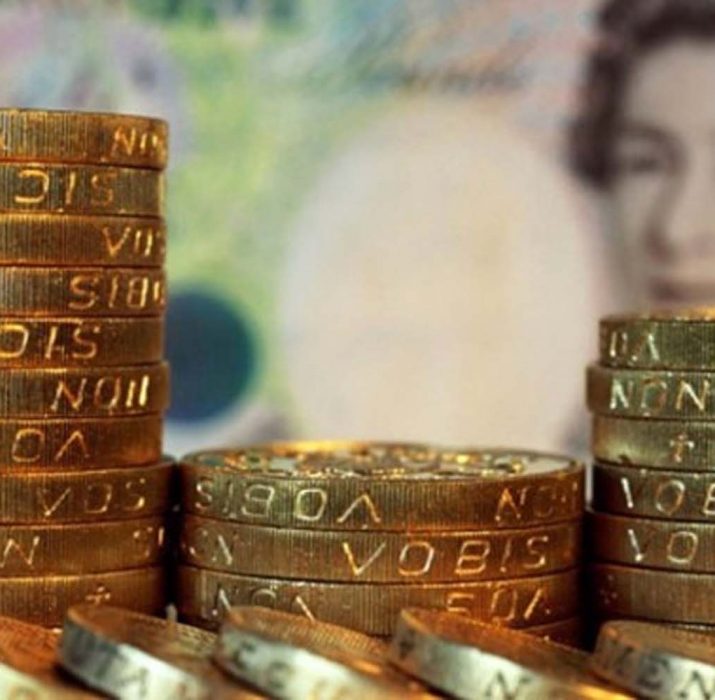UK inflation highest since June 2014
Inflation has reached its highest rate for two-and-a-half years, mainly as a result of the rising price of fuel.

Inflation has reached its highest rate for two-and-a-half years, mainly as a result of the rising price of fuel. Annual inflation as measured by the Consumer Prices Index (CPI) reached 1.8% last month, the Office for National Statistics (ONS) said, up from a rate of 1.6% in December.
It is the fourth consecutive month that the rate has risen and takes inflation to its highest since June 2014. Fuel prices hit a two-year high in early February, according to the RAC. As well as fuel, the ONS said food prices also contributed to the rise in inflation, as prices were unchanged between December and January, having fallen a year ago. Offsetting these factors, the prices of clothing and footwear fell by more than they did 12 months ago. Separate ONS figures for producer prices showed that input prices – the amount paid for materials and fuel by UK manufacturers – rose at an annual rate of 20.5% in January, the fastest pace since September 2008, and a rapid pick up in pace from the 15.8% figure seen in December.
The prices of goods leaving factories were up 3.5% ONS head of inflation Mike Prestwood said: “The costs of raw materials and goods leaving factories both rose significantly, mainly thanks to higher oil prices and the weakened pound.” Chris Williamson, chief business economist at analysts IHS Markit, said: “While the further upturn in price pressures will fuel speculation that interest rates may start to rise later in 2017, the most likely scenario remains one of policy staying on hold over the next two years as the economy navigates through Brexit.
“Further upward pressure on prices looks inevitable in coming months as energy costs continue to climb and firms pass rising costs on to customers, pushing inflation up towards 3.0% in the second half of the year.”









